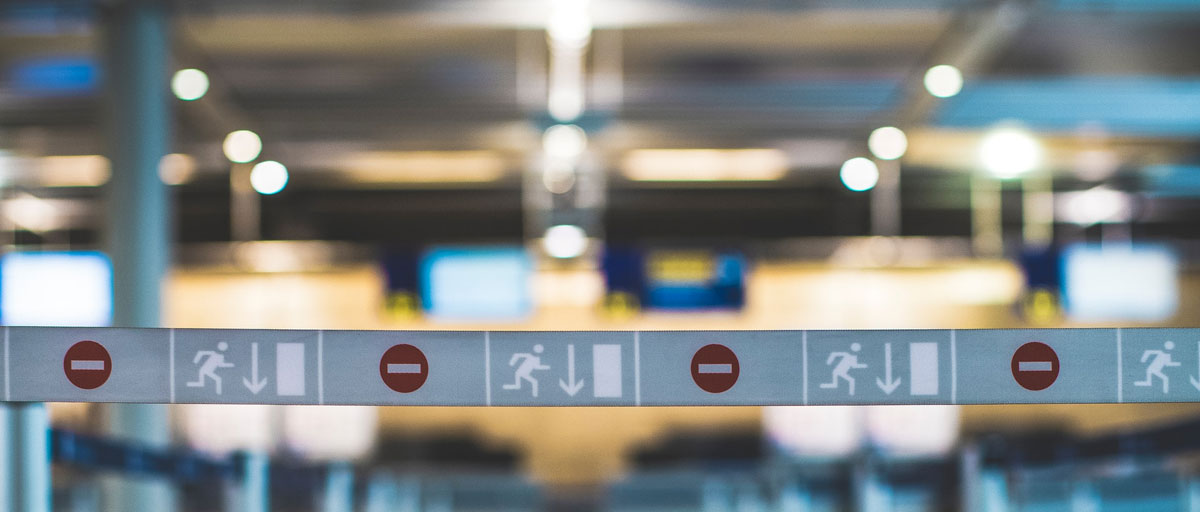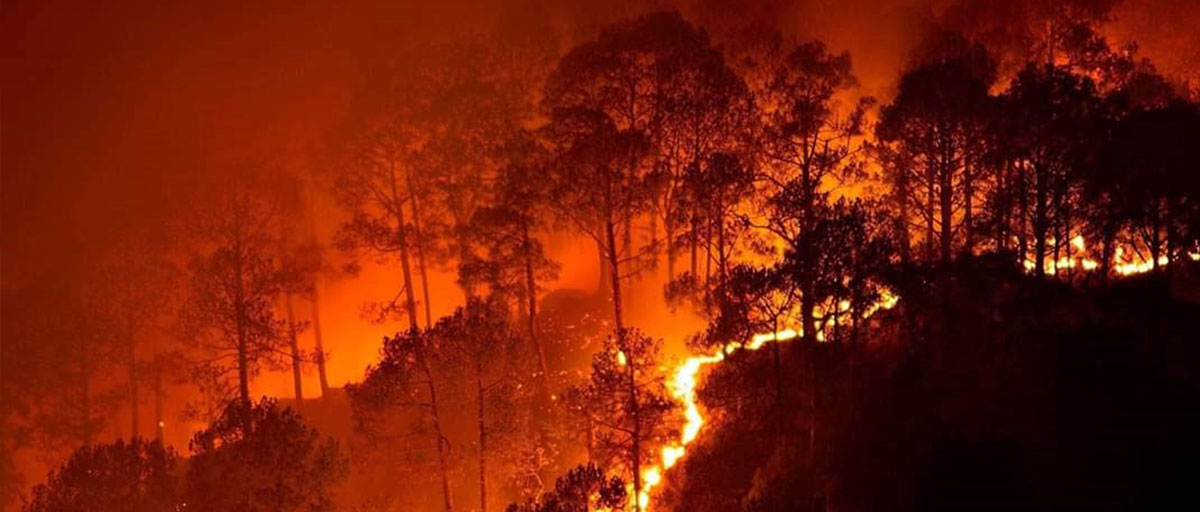Bildtext får vara max två rader text. Hela texten ska högerjusteras om den bara ska innehålla fotobyline! Photo: B. Christensen/Azote
REFLECTIONS ON COVID-19
How covid-19 undermines sustainability
- Many consequences of COVID-19, which initially were hard to predict, are seriously harming the planet’s systems
- We cannot allow the pandemic to distract from our progress on global sustainability made so far
- We can use the global upheaval to design a better and safer future
The tragic pandemic seems to have given the planet a bit of respite. But doubts remain whether it will be a lasting change
DISCLAIMER: This reflection presents insights that are relevant to the discussions related to both the causes for the pandemic and the solutions needed to build a more resilient, global society. Covid-19 affects all aspects of our lives, we want to help make sense of this tragedy, in empathy with all those suffering from it.
NOT THAT SIMPLE: Amid the dire consequences of Covid-19, some consider the pandemic to the best news the environment has received in a long time. Carbon emissions have dropped dramatically, reductions in air pollution have saved many lives and mountain vistas have revealed themselves for the first time in decades.
Aside from the horrific human impacts, does COVID-19 help or hinder sustainability?
Complex interactions make sustainability hard
Unfortunately, it’s not that simple. The Earth system is made up of matter, energy, organisms and people moving and interacting in complex ways.
Many consequences of COVID-19, which initially were hard to predict, are seriously harming the planet’s systems.
These interactions constrain the ‘safe operating space’ in which human activity can safely occur without undermining the planet’s capacity to support our wellbeing.
Most interactions in the Earth system usually make global sustainability harder. For example, cutting down forests not only harms biodiversity but also releases carbon into the atmosphere that accelerates climate change.
Producing fertilisers requires energy, but excess fertiliser washes off and pollutes rivers, lakes and seas.
Sustainability efforts postponed
Similarly, many consequences of COVID-19, which initially were hard to predict, are seriously harming the planet’s systems. The use of disposable food and drink packaging have increased, face masks and latex gloves are finding their ways into rivers and oceans.
Working from home is more common due to lockdowns, with potential for a long-term shift in working patterns. International travel has also plummeted, both leading to decreased emissions. But those still commuting are favouring cars over public transport due to infection concerns.
Restrictions on cargo transport have led to local oversupply and food wastage, leading to reduced production and unemployment, while other regions go hungry. Ecotourism has decreased, leading to increased demand for other livelihoods that may involve exploitation of fragile ecosystems.
With the virus dominating the news and governments focused on economic recovery, sustainability initiatives are postponed, watered down or abandoned altogether. At the local level, lockdowns have left conservation zones unmonitored by environmental protection workers.
Inextricably linked
At the same time, deforestation and other environmental damage has increased the transmission of diseases from animals to humans.
The coronavirus has demonstrated once again that the health of humans and the health of the planet are inextricably linked.
What effect the pandemic has on global sustainability in the long term is up to us. We cannot allow the pandemic to distract from our progress on global sustainability made so far. Economic stimulus, if designed appropriately, can stimulate sustainability at the same time.
This pandemic may not be a boon for sustainability, but we can use the global upheaval to design a better and safer future for ourselves and the planet.
Scientific background:
Lade, S.J., Steffen, W., de Vries, W., Carpenter, S.R., Donges, J.R., et.al. 2019. Earth system interactions amplify human impacts on planetary boundaries. Nature Sustainability. [DOI 10.1038/s41893-019-0454-4]









